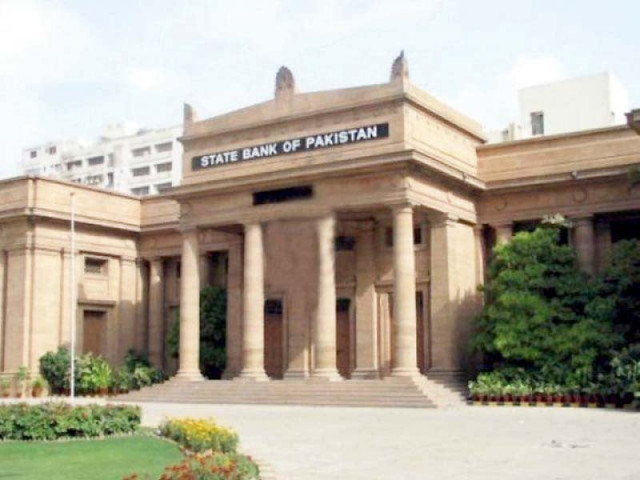Autonomy for SBP: a boon or bane
Many have raised fears about its impact on economy, country’s sovereignty

The cabinet’s recent approval of a draft law to make the State Bank of Pakistan (SBP) more independent of the federal government has given rise to a raucous debate.
Since greater autonomy for the State Bank was one of the preconditions of the International Monetary Fund (IMF) for releasing future tranches of its $6 billion loan, many have raised fears about its long-term impact not only on the economy but also on the country’s overall sovereignty.
How much autonomy should the State Bank enjoy has been a contentious issue.
As part of the financial reforms, pushed through by caretaker prime minister Moeen Qureshi in 1993, the authority to make monetary policy was given exclusively to the State Bank. Yet, practically all the governments kept interfering in the monetary policies to promote their political agenda.
They did this through various means. One primary tool was through the powerful Monetary and Fiscal Policy Coordination Board (MFPCB), which is chaired by the finance minister and also includes the finance secretary as a board member.
Originally, the intent was to have the board function as a coordinating body between the Ministry of Finance and the State Bank, but its role expanded much beyond its original mandate. Therefore, the board’s abolition was one of the structural benchmarks set by the IMF.
The government was not keen to do so and kept stalling. Through a press statement in May 2020, the Ministry of Finance categorically rejected any demands to abolish the board but it had no choice but to comply.
Other significant changes for the autonomy are surrendering government’s right to borrow from the central bank to keep a check on deficit financing done through printing new money, extending the tenure of the SBP governor from three to five years (renewable for another term) to minimise political meddling and also bring it closer to international practice, and providing immunity to State Bank officials for decisions taken in good faith.
There has been a jarring debate on the pros and cons of the proposed changes. Those opposing them argue that the changes could free the State Bank from any accountability while giving it too much power. They also contend that the deletion of the reference to “growth” in the preamble of the existing SBP Act will make the SBP focus exclusively on price stabilisation and not give any attention to growth.
Another target of criticism is the restriction imposed on the government from getting loans from the State Bank as it may increase reliance on borrowing from commercial banks. These restraints, it is feared, would further crowd out borrowings by private investors.
On the other hand, those who support further autonomy contend that these measures would increase transparency, make monetary policy more effective and freer of political influence. This independence would mean making the government fiscally responsible through its borrowing restrictions.
They disagree that there would be no accountability as the governor will be required to submit an annual report to parliament regarding achievements of the bank’s objectives, the conduct of monetary policy and financial stability.
Further, the Auditor General of Pakistan will continue its oversight of SBP operations. Regarding indemnity for the bank’s personnel, they point out that it is a common feature of international laws concerning central banks and is needed to ensure functional autonomy.
There is no doubt that short-term political agendas drive political governments, and monetary policy is best conducted by a central bank that is independent of the elected government. Nevertheless, it would be better to clarify some issues when the legislation is debated by parliament.
The more important ones include how and who would determine the inflation rate. Should the monetary policy focus on headline inflation (as is the current practice) or core inflation ie excluding food and energy (as used to be the case previously)? Should the State Bank only be targeting inflation or its role should be wider to also look at the nominal GDP growth (sum of inflation and real GDP growth).
It may also be a good time to reform the process of selection of the governor, which has so far been rather opaque. As a result, only one of the previous five governors could complete even a single term of three years.
All in all, autonomy should not be overdramatised as is being done by some critics. It is limited to three things, all of which are consistent with the international best practices – monetary policy making, no free money to print and not having one individual at the Ministry of Finance determining the exchange rate. Since the governor and deputy governors are appointed by the government, there is no absolute autonomy.
The writer has served as Pakistan’s ambassador to WTO and as FAO’s representative to the United Nations in Geneva
Published in The Express Tribune, March 22nd, 2021.
Like Business on Facebook, follow @TribuneBiz on Twitter to stay informed and join in the conversation.



















COMMENTS
Comments are moderated and generally will be posted if they are on-topic and not abusive.
For more information, please see our Comments FAQ